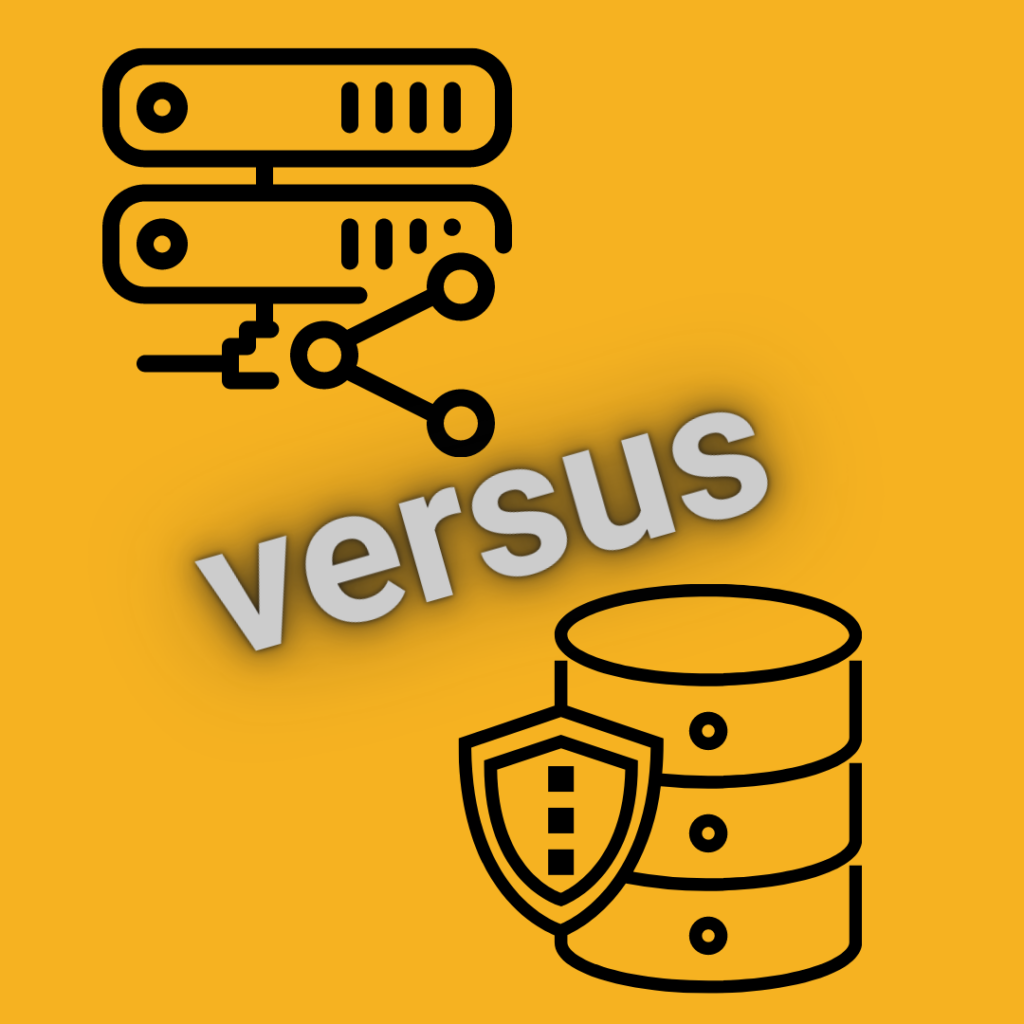
The Cheeky Monkey Media Blog
A few words from the apes, monkeys, and various primates that make up the Cheeky Monkey Super Squad.

What Makes a Good Host vs Bad Host (Web Provider, that is)
 November 1, 2021 / Treena Bjarnason
November 1, 2021 / Treena Bjarnason
You’ve seen the ads. And it seems like you can get web hosting from just about anywhere. With so many options, how do you even start to figure out what your best bet is, and how to tell what makes a good web host vs a bad host?!?
Well, you’re off to a great start just by asking. So, let’s chat about what a web hosting provider even does, and what you want to look for.
Check Out Their Menu
Web hosting providers provide 3 main services:
- domain – yourbusiness.com
- server – where your website actually lives
- storage space – how many pages, images, videos your website can comfortably handle
After that, it’s all down to the nitty-gritty, and really depends on your business needs. Are you a small start-up with a few thousand visitors a month? Or a national company with thousands of visitors a day? Are you a lean team of 20 people or a corporate office of 300?
So what exactly are all the things your business needs to consider? Let’s start with the 4 S’s.
- Servers
- Security
- Support
- Scalability
Web hosting can start at a few dollars a month, and move up into the thousands. Knowing your needs will help you manage your budget properly and get you the services you need.
Shared Servers vs Private Servers

When considering server options, think about the size and complexity of your website, as well as the traffic you’re expecting to visit your website. What you want to look out for is companies trying to upsell you on options you don’t need, but also ones that are going to provide you less than you need. Especially for businesses that see tens or hundreds of thousands of visitors every month, two major fine prints to be on the lookout for are “monthly traffic limits” and “usage limits”. The web hosting provider may charge you for more than a certain level of visitors every month, throttle the website performance or even shut down your website if you go over their stated usage level. You’ve got enough to manage, yet alone watching for overages on your site usage.
Shared servers are a great, budget-friendly option if you have a low-number of visitors. However, shared servers are not able to support high-traffic websites because of their limited resources – RAM, disk space, and processors. Limited resources also mean that they can’t manage large, complex websites very well.
Virtual private servers mean you have dedicated resources, whereas on a shared server you’re doing just that – sharing resources with other websites. This might not be a compromise you’re willing or able to accept, given the sensitivity of your data.
While a private server costs more, they are absolutely worth it for larger websites with high traffic. Because your business depends on the reliability of your website to load properly and allow visitors to perform actions and ultimately have the best user experience. This also means you can have more pages, videos, images, etc., thereby creating a more robust, engaging site (hopefully).
A third option is a dedicated server. With this your website has its own physical server box. This route can be the most complex, and businesses need someone with system management skills in order to go this route.
Then there are cloud servers. Cloud servers allow you to scale easily as there is nothing being moved or rebuilt. And if you’re suddenly getting more traffic to your website? Your service provider can adjust your usage parameters and you just need to pay a higher fee.
Server Security

Even small businesses can be targets for hackers, so encrypting your website and customer data is essential. Will your provider regularly backup your data, fix bugs, and update server-side software?
Even on a shared server it’s possible to have good security, and SSL Security is an absolute must have.
There are also two additional benefits of SSL security. First, Google prioritizes websites with SSL certificates, meaning your website is more likely to rank higher and be found more easily. Secondly, it gives your visitors peace of mind. Your potential customers are more likely to trust that you’re a legitimate business if they’re on an https:// website.
While most businesses only have one website, your business may have multiple branches with multiple websites. A Wildcard SSL certificate allows you to secure multiple websites.
Look for Support
Your website is the face of your business. So it’s important to work with companies that can fully support you. One of the biggest things to watch for is how long it takes their support team to respond to your emails. Even an initial inquiry email can give you an impression of how they will handle your business. But is email the only way you can contact them for support? A good service provider has other channels through which you can contact them, ensuring that they can help you get your website back up and running asap.
Your web hosting provider should also provide training. There are certain aspects regarding managing your website that you should be familiar with, and that they should help guide you through. Relying on your web hosting provider to solve all your problems is inefficient and possibly more stressful for you.
Web Host Scalability
The website and business you have today might not be the business you have in 2 years from now. Is the web hosting provider able to scale with your business? Along with that, what kind of contract are you locked into, and does it allow for amendments?
Typically, the longer the contract the less you have to pay. But if your business grows, your website needs will also grow, and you’ll need a web hosting provider that can allow you to do that without affecting website performance.
Web Hosting Extras
There’s a few other things to consider when determining what web hosting provider will best fit your needs.
Free trial
If the company isn’t able to provide you with a free trial then it can be difficult to accurately understand whether they will meet your needs and expectations.
Owning your Domain
Does the web hosting company say they own your domain or do you? Owning your own domain means that you can take it with you if you decide to move web hosting providers. You should never be locked or have to pay extra to unlock it.
Check Please!
We know there’s a lot to consider when choosing a web hosting provider, and the whole process can seem daunting. But, the more prepared you are before you start looking, the more likely you’ll be able to quickly find a provider that fits all your needs, in terms of cost and services. Still have questions? The Cheeky Monkey team has your back, and we’re here to help.
